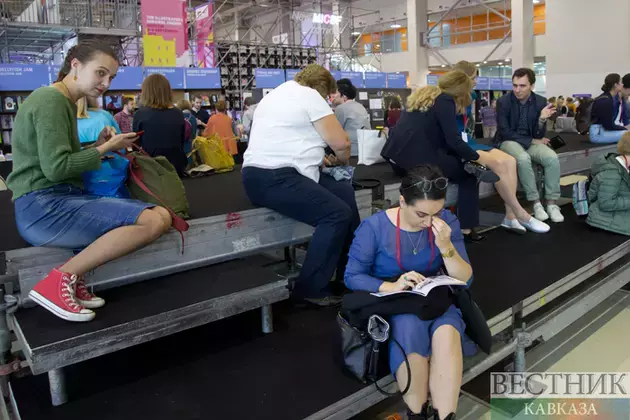Almost 1.8 billion adults are at risk of diseases such as cancer, stroke, dementia and diabetes due to a lack of exercise - and the situation is getting worse, according to a report.
The new study from World Health Organisation (WHO) researchers plus academics found physical inactivity globally has risen by about 5% between 2010 and 2022.
Overall, nearly a third of adults (31%) around the world do not exercise enough, up from 23% (900 million people) in 2000 and 26% in 2010.
"If current trends continue, experts predict that by 2030, some 35% of people will not be doing enough exercise," the report reads.
Research shows that a lack of exercise increases the risk of heart disease, strokes, type 2 diabetes, dementia and cancers such as breast and bowel.
When it comes to gender differences, it seems women are consistently less likely to exercise than men, with inactivity rates of 34% compared to 29%.
WHO recommendations
WHO recommends that adults take 150 minutes of moderate intensity, or 75 minutes of vigorous intensity physical activity, every week.
Examples of moderate activity include very brisk walking (4mph or faster), heavy cleaning such as washing windows or mopping, cycling at 10-12mph, or badminton.
Vigorous activity examples are hiking, jogging at 6mph or faster, shovelling, fast cycling, a football game, basketball or tennis.






